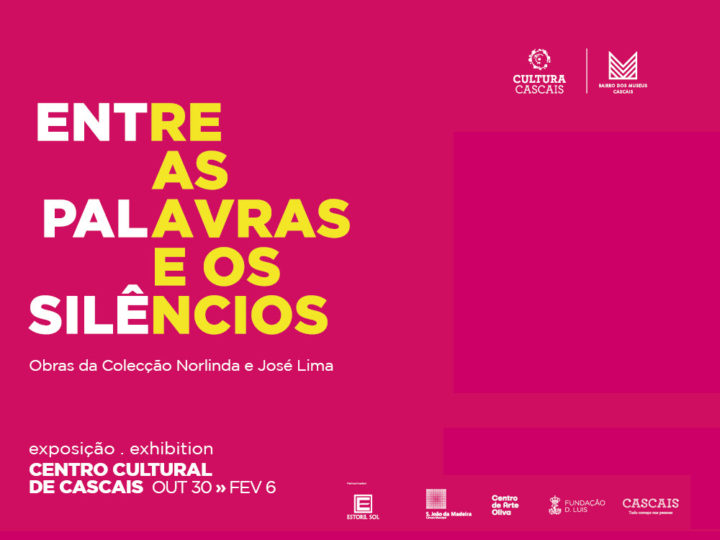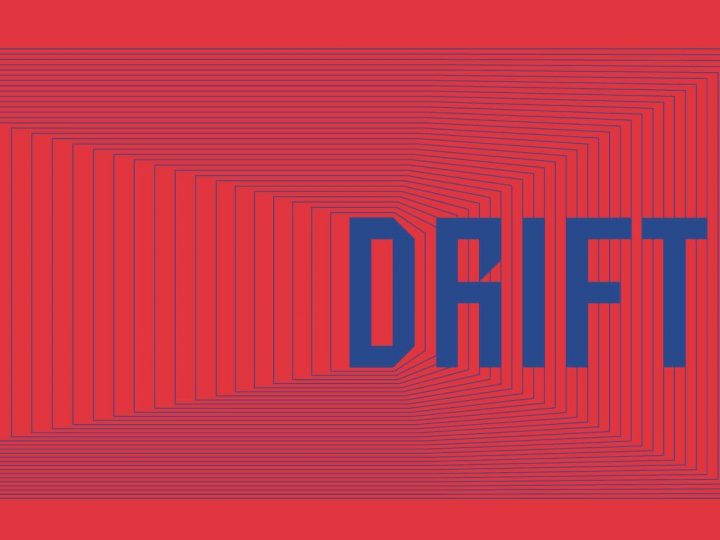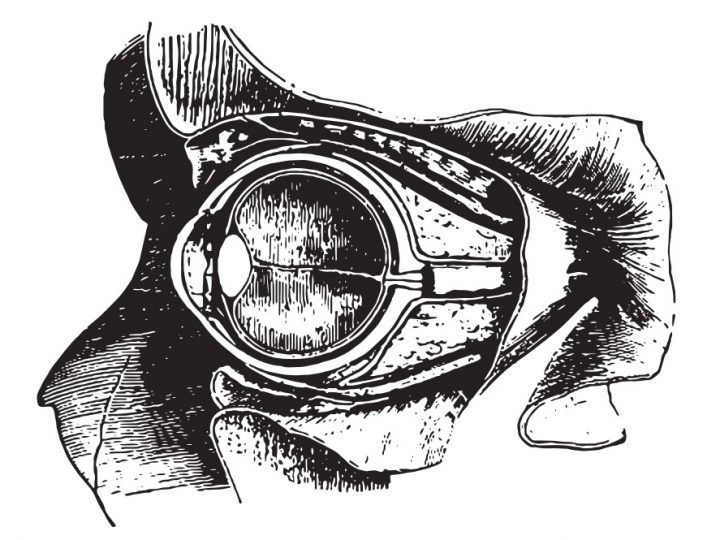TUDO O QUE É SOLIDO DISSOLVE-SE NO AR: O SOCIAL NA COLEÇÃO BERARDO
Curator: Miguel Amado
‘All that is solid melts into air, all that is holy is profaned, and man is at last compelled to face with sober senses, his real conditions of life, and his relations with his kind.’ This excerpt from the Manifesto of the Communist Party, written by Karl Marx and Friedrich Engels in 1848, reflects the revolutionary character of modern capitalism that transformed Europe in the mid-eighteenth century. Marx and Engels’ observation therefore recalls a sense of change in society, a process which involves one symbolic regime being replaced by another. As a matter of fact, this is insinuated at the beginning of the sentence, whose suggestive scientific metaphor oversteps the boundaries of political discourse to reach into other intellectual milieus. This fact is made clear, for example, in Marshall Berman’s book All That Is Solid Melts Into Air: The Experience of Modernity (1982), whose title cites the English translation of Marx and Engels’ words and which, as the subtitle suggests, explores the experience of modernity, the laboratory of our times.
All That is Solid Melts into Air: the Social in the Berardo Collection is an exhibition whose underlying principle is based on the same strategy. It derives its inspiration from Marx and Engels’ words in order to reflect on the rebirth of the primacy of the social in art, the condition that governs its existence as an instrument of emancipation for humankind. In the wake of research carried out by scholars such as Hal Foster, the ‘aesthetics of recession’ made apparent by the present global financial crisis, which a decade marked by the “precarious condition” had already foretold, has drawn attention to the socially committed practices characteristic of modern and contemporary art which had hitherto been banished from mainstream artistic institutions. It is through these lenses that another display of the Berardo Collection has been developed. Balanced between the utopian visions of the modernist avant-gardes and the post-fall of the Berlin Wall ideology of ‘protest and survival’, the works selected from this holding, together with others that have been borrowed from several artists, raise questions concerning everyday life that enunciate a critique of the real.
O Museu Colecção Berardo apresenta “Tudo o que é sólido dissolve-se no ar: o social na Colecção Berardo”, um novo percurso pela Colecção Berardo. Comissariada por Miguel Amado, esta exposição reúne cerca de 75 obras de artistas representados no acervo ou convidados para o efeito que exploram problemáticas do quotidiano e, assim, enunciam uma crítica do real. A exposição inspira-se numa passagem do Manifesto do Partido Comunista, redigido por Karl Marx e Friedrich Engels em 1848, para equacionar o recente renascimento do primado do social na arte. De acordo com estes pensadores, “Tudo o que é sólido dissolve-se no ar”, expressão que congrega um sentido de mudança na sociedade, processo que implica a substituição de uma ordem simbólica por outra. Assim, a “estética da recessão” gerada pela presente crise financeira global, mas que uma década marcada pela “condição precária” já prenunciara, chamou a atenção para as práticas socialmente comprometidas da arte moderna e contemporânea, o foco desta exposição.
Dos artistas representados na Colecção Berardo, salientam-se Aleksander Rodchenko, Kurt Schwitters e Marcel Duchamp, expoentes das vanguardas modernistas do princípio do século XX; Dan Flavin, Mimmo Rotella e Nam June Paik, cujo trabalho marcou o período pós-II Guerra Mundial; Jenny Holzer, Jean-Michel Basquiat e Jörg Immendorf, nomes importantes da década de 1980; Justine Triet, Malgorzata Markiewicz, Manuel Ocampo, Narda Alvarado, Vivan Sundaram e Wang Guangyl, criadores emergentes da presente década. As obras destes artistas dialogam com as de outros, convidados para o efeito, dos quais se destacam Ana Maria Tavares, Carolina Caycedo, Kiluanji Kia Henda, Ivan Grubanov, Regina José Galindo e Yevgeniy Fiks. Note-se, ainda, a presença de vários artistas portugueses, entre os quais Ângela Ferreira, Carla Cruz, Joana Vasconcelos, João Louro, Rigo 23 e o colectivo Sparring Partners. Finalmente, refira-se a apresentação de obras de, entre outros, Alfredo Jaar, Deimantas Narkeviãius, Johan Grimonprez, Paul Chan e Sarah Morris no âmbito de um programa semanal de vídeo patente em zona específica das galerias.

![FIVE MINUTES AFTER VIOLENT DEATH [solo show]](https://joaolouro.com/wp-content/uploads/2014/01/5-minutes-after....jpg)

